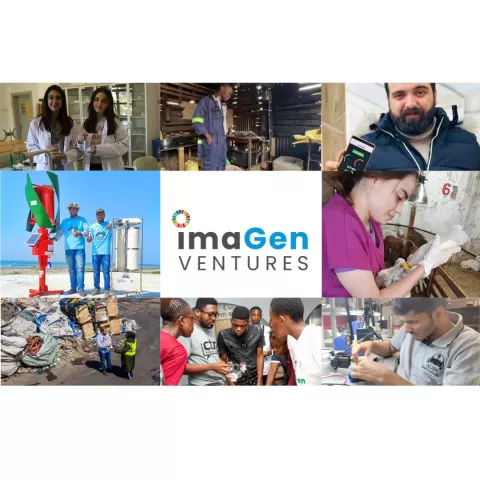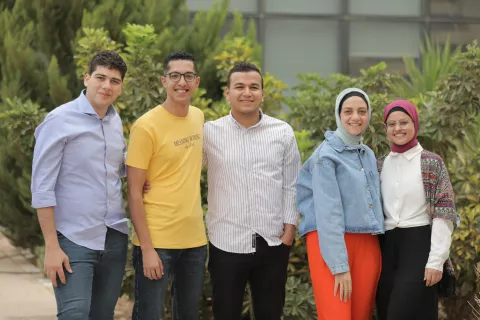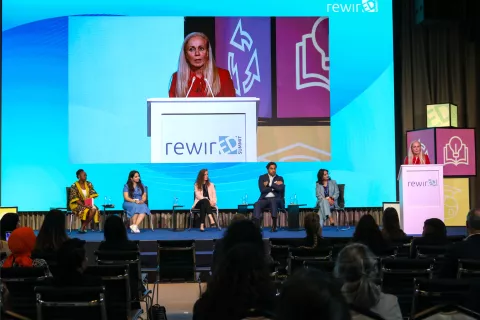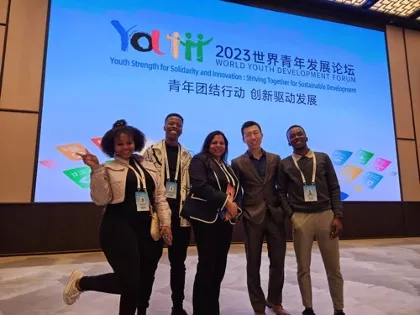imaGen Ventures marks third edition of competition with footprint in more than 60 countries
A process co-designed, co-created and co-led by youth entrepreneurs
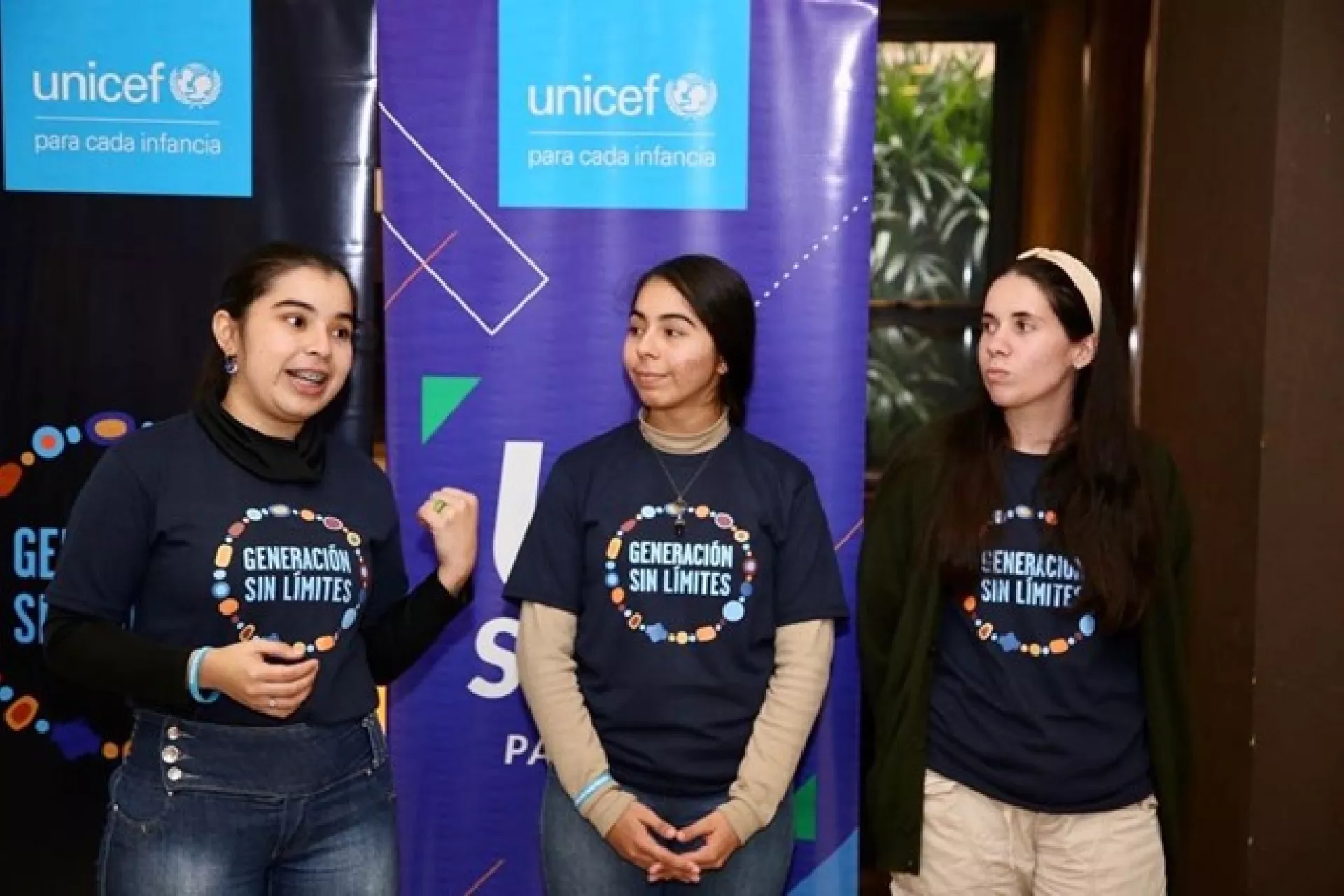
Launched in 2018, imaGen Ventures now reaches and empowers young people in more than 60 countries, encouraging programme participants to develop entrepreneurial mindsets and devise innovative solutions to accelerate progress towards the Sustainable Development Goals.
With a youth-centred and context-driven approach, imaGen Ventures mobilizes young people – particularly the most marginalized – and equips them to address the most pressing challenges in their communities and the world. The GenU signature solution is co-hosted globally by UNICEF, the United States Agency for International Development (USAID), the United Nations Development Programme (UNDP), Plan International and the World Organization of the Scout Movement.
After two successful editions of the imaGen Ventures Youth Challenge, the third edition of the competition is now under way. While 60 countries participate in the imaGen Ventures programme, this year’s competition involves 40 participating countries – more than ever before. As of the beginning of August 2022, each host country involved is identifying and selecting two finalist teams to proceed to the global judging process.
Prior to this stage, the host countries have already completed the local bootcamps and incubation processes. During the co-creation phase, young people worked in teams and applied a human-centred design approach to develop their solutions. Winners from the local bootcamps moved forward to receive seed funding and mentoring support to test out their ideas. Pitching their ideas before the global jury is now an opportunity for young social entrepreneurs to be awarded further seed funding and access to a global acceleration process to make their visions reality.
To demonstrate the young entrepreneurs’ efforts and personal growth, here are some impressive stories from around the world.
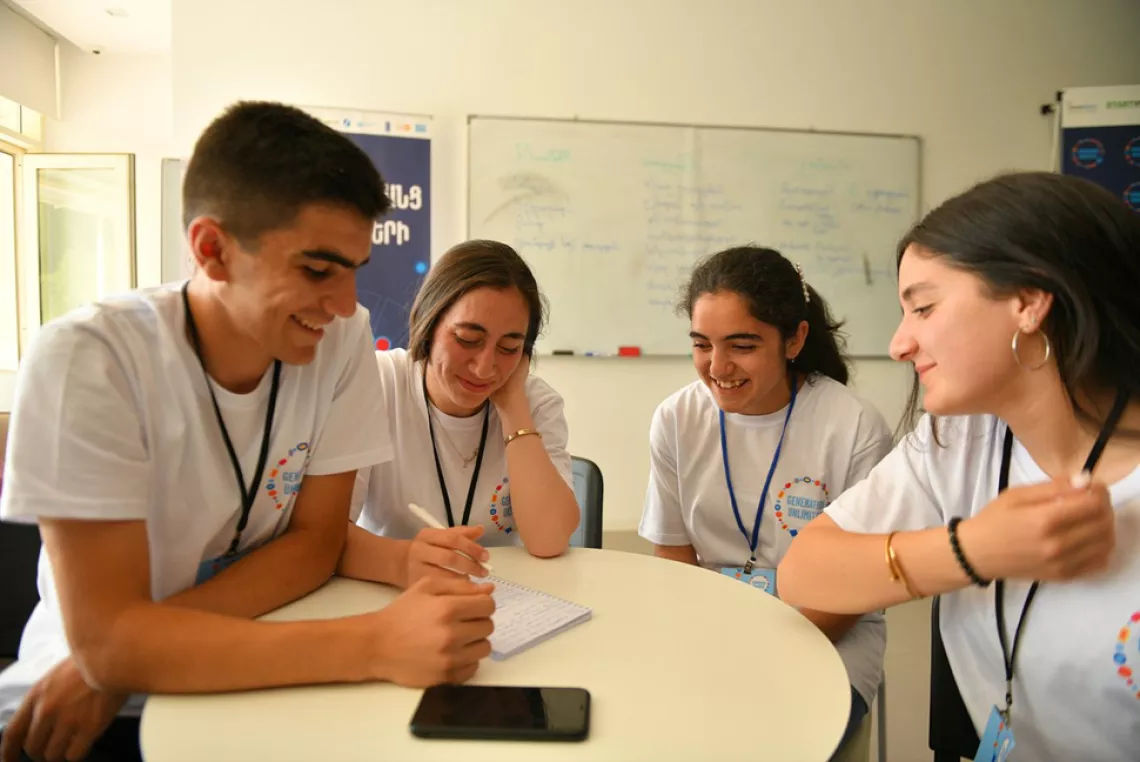
Armenia
This year, Armenia received an overwhelming response to the Youth Challenge, attracting 109 entries from young people aged 14–24 years, both from the capital city of Yerevan and from six of the country’s marzes. The entries covered a wide range of topics, including ways to improve education standards, foster civic engagement, boost employment, tackle the climate crisis and increase awareness of media literacy and mental health. Twelve teams were selected to participate in the weekend bootcamp in May in Dilijan, following which eight teams were chosen to move on to the incubation phase.
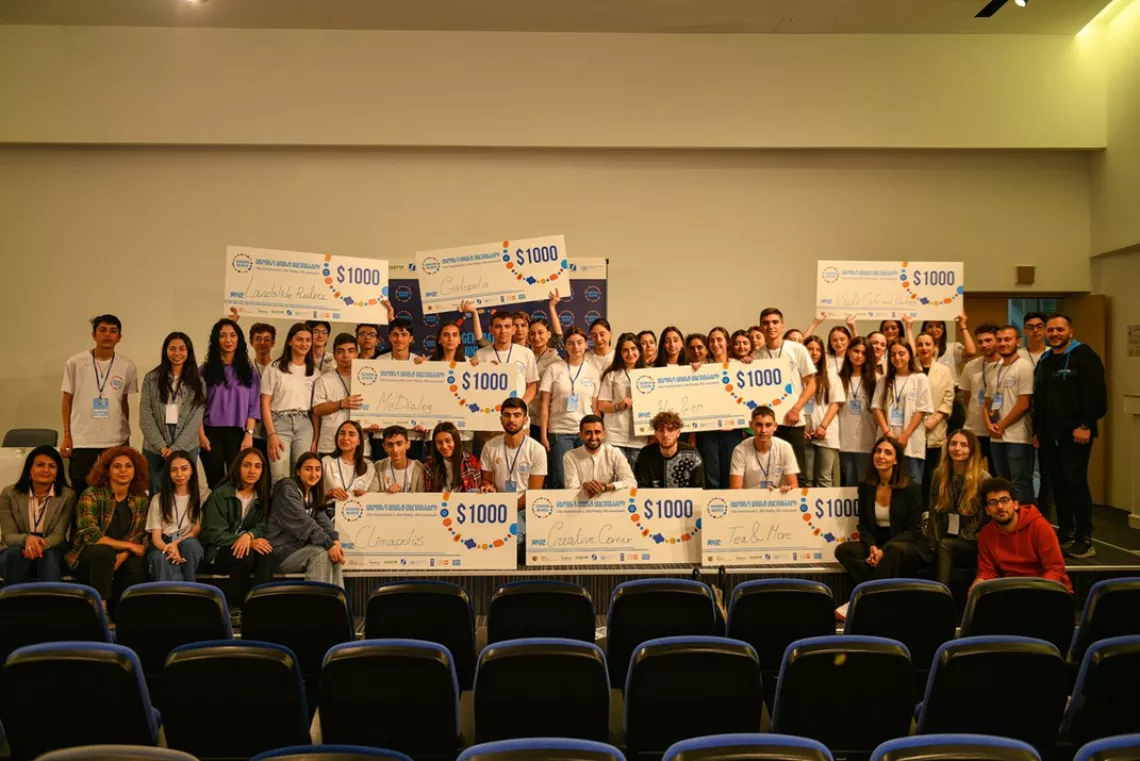
“It’s the young people’s time and their turn to proactively tackle social issues in their own communities,” said the Armenian organizers. “And, as we saw during the application stage, Armenian youth have no shortage of ideas when it comes to the development of their country and their own future.”
Pakistan
In March 2022, Pakistan organized a bootcamp, with 11 teams joining in from across the country. The teams designed and put forward creative solutions to the critical issues they identified, which ranged from global warming, plastic pollution and water and energy supply to the accessibility of people with disabilities. These teams have since made great progress in putting their ideas into action. For example, Team Siachen Sherpa has been working to build an artificial glacier in Khaplu, to ensure that the water from melting natural glaciers is used effectively for irrigation by neighbouring people during the summer. The artificial glacier could also alleviate the burden of water storage and help the local community adapt to climate change
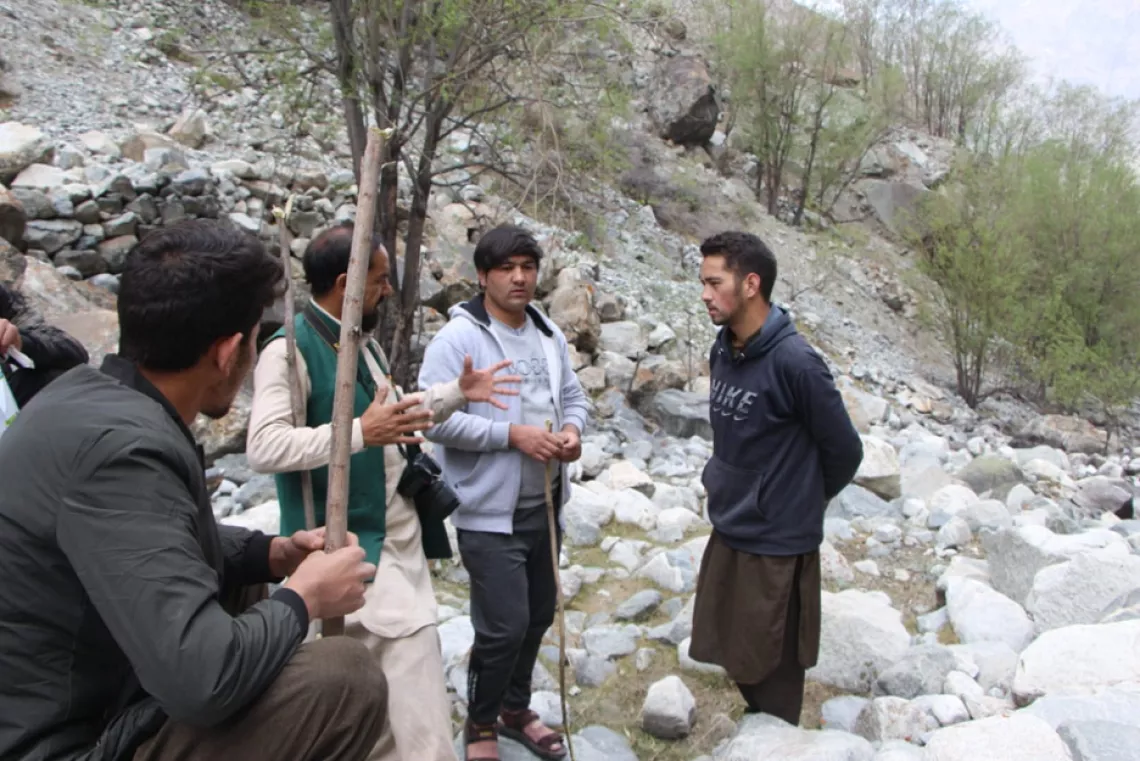
Sierra Leone
Sierra Leone saw the display of talents of over 50 young people at its exhibition and bootcamp in March 2022. Teams that moved on to the mentorship and incubation phase in May received training from experts in the relevant industries and learned business pitching skills to maximize the impact of their ideas.
North Macedonia
Young entrepreneurs in North Macedonia set their sights on addressing the climate crisis with digital technologies. Among the brilliant ideas being considered for entry to the global judging process are innovations such as automated digital bins for organic waste and energy-efficient sensors to sort and separate waste.
Next up!
Coming up next is the global judging process, which reunites over 100 judges who span multiple continents, industries and age groups. Two finalist teams from each country submits their solutions to the global judges and up to 10 global winners will be awarded access to the global acceleration phase and receive up to US$20,000 in funding to further scale up their innovations.
We look forward to sharing details of the most inspiring ideas that emerge from our promising youth

